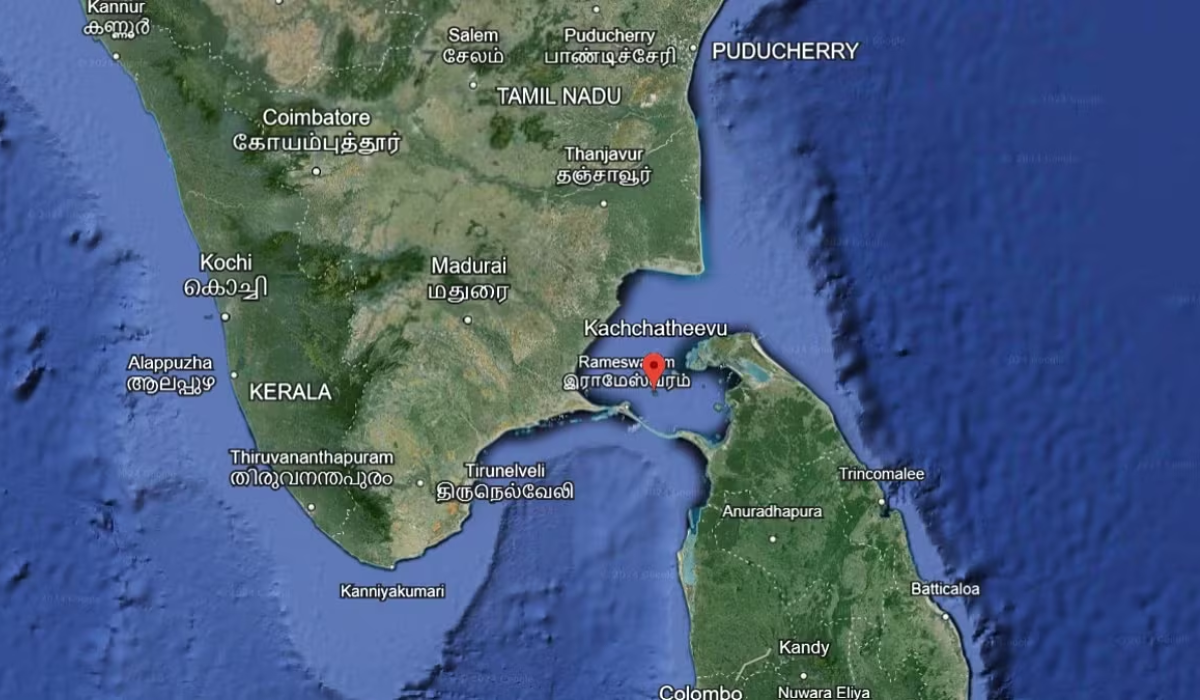The issue of Katchatheevu, an islet in the Palk Strait, has once again resurfaced in the political landscape of India, particularly in Tamil Nadu, as Prime Minister Narendra Modi reignited the controversy during a political rally ahead of the Lok Sabha elections. The historical backdrop of Katchatheevu dates back to 1974 when India and Sri Lanka signed an agreement demarcating their maritime boundary, which included the transfer of Katchatheevu to Sri Lanka’s jurisdiction.
The decision sparked vehement opposition, particularly from political parties in Tamil Nadu, as it was perceived as a disregard for the interests of Indian fishermen who traditionally relied on Katchatheevu for fishing. Despite nearly 50 years passing since the signing of the agreement, the issue remains a contentious point in Indian politics, with parties exploiting it to score political points.
Also Read: जापान ने भारत सहित कई देशों के लिए शुरू की ई-वीज़ा सर्विस
The Political and Diplomatic Impasse over Katchatheevu
The significance of Katchatheevu to the fisherfolk cannot be overstated. The islet has been a crucial fishing ground for fishermen from both India and Sri Lanka for generations. However, the 1974 agreement, supplemented by a pact in 1976, restricted fishing activities in the vicinity of Katchatheevu, leading to tensions between the two countries and hardships for the fishing communities.
Various political leaders, including Tamil Nadu Chief Minister M.K. Stalin and former Chief Minister Jayalalithaa, have consistently demanded the retrieval of Katchatheevu or renegotiation of the agreements to safeguard the interests of Indian fishermen. However, successive governments at the central level have maintained that there is no basis for reclaiming Katchatheevu, citing the settled nature of the agreements between India and Sri Lanka.
Also Read: Swiggy Instamart VP and head SCM Karan Arora steps down
Navigating the Complexities
The recent resurgence of the Katchatheevu issue highlights the deep-rooted sentiments and political implications associated with the matter. It reflects the complex interplay of historical, territorial, and political factors shaping India-Sri Lanka relations, particularly in the context of maritime boundaries and fishing rights.
As the debate over Katchatheevu continues to simmer, it underscores the need for a nuanced approach that balances the interests of both countries while addressing the legitimate concerns of the affected communities. The resolution of the Katchatheevu dispute remains a challenging task, requiring diplomatic efforts and political will to find a mutually acceptable solution that ensures the welfare of all stakeholders involved.
Also Read: Gourav Vallabh resigns from Congress, says ‘can’t raise anti-sanatana slogans’

